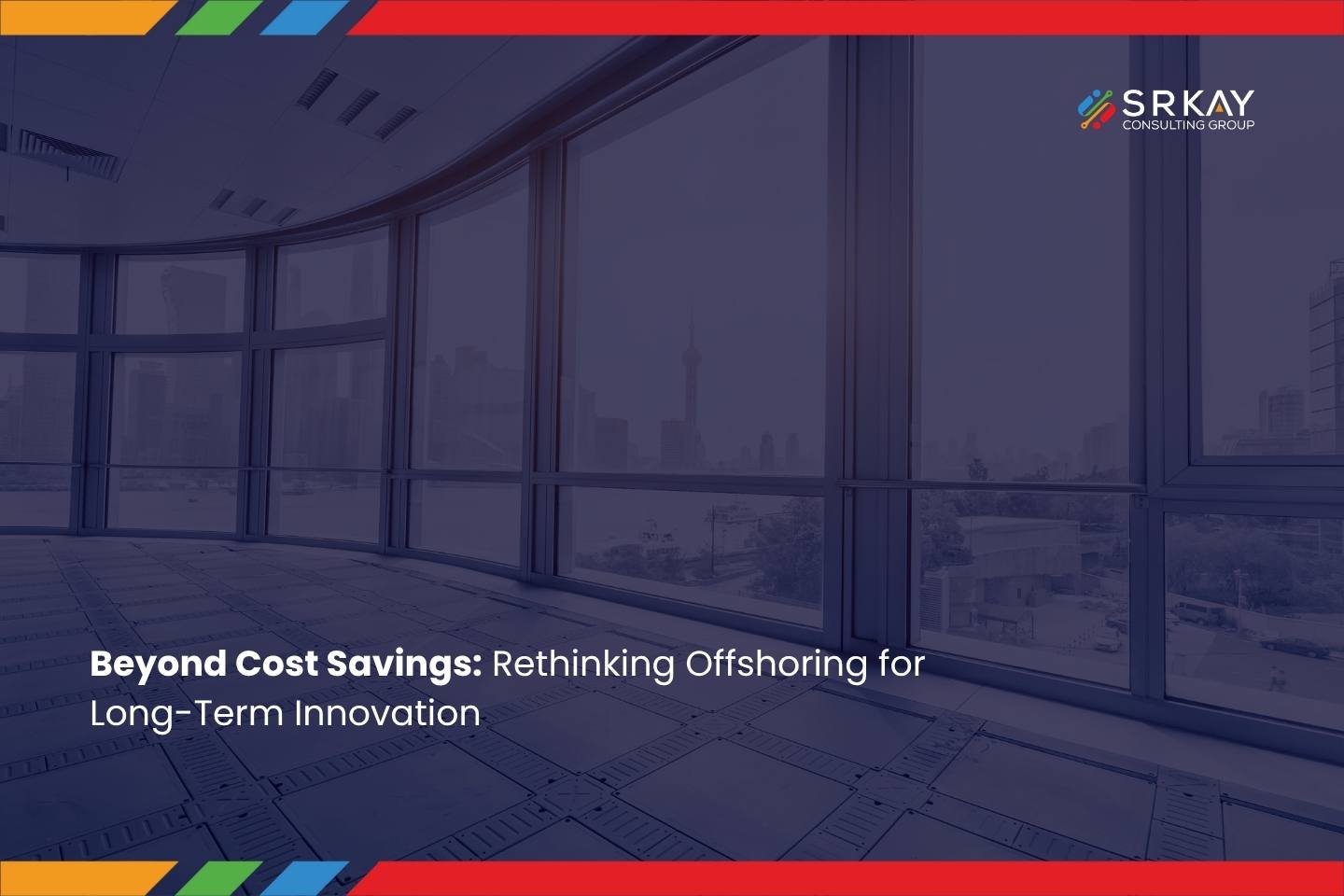

Close

Cloud isn’t just another tech upgrade—it’s changing how Global Capability Centers (GCCs) operate, scale, and deliver value. What started as offshore support has, in many cases, become the front line of digital transformation. Across industries, GCCs are using cloud to move faster, think smarter, and build for tomorrow.
Here’s what that looks like in practice:
Legacy systems have weighed GCCs down for years—sluggish, brittle, and expensive to maintain. Cloud makes it possible to finally move on. Microservices, containers, serverless frameworks—these aren’t just buzzwords; they’re what enable faster builds, modular systems, and real-time scaling.
JPMorgan Chase’s tech center in Bengaluru is a case in point. With a hybrid-cloud setup, the bank now manages 70% of its applications and 75% of its data in the cloud, enabling faster delivery of digital banking services and greater operational flexibility. That’s not a theoretical benefit—that’s tangible speed and adaptability, day to day.
The bigger win? Teams can now test, tweak, and roll out new ideas without wrestling old systems every time.
The data sitting inside most enterprises is enormous—but only recently have GCCs had the tools to do something with it. Cloud platforms give them the storage and processing muscle to turn raw data into real-time insights.
In banking, cloud-enabled Global Capability Centers (GCCs) are helping drive advanced analytics for fraud detection and real-time credit risk assessment. In pharma, organizations increasingly use cloud platforms like AWS and Azure to accelerate genomics research and clinical trial data analysis, with major hubs in Hyderabad and Singapore contributing to global R&D. In retail, companies such as Walmart and Target rely on their GCCs to leverage AI and cloud technologies for demand forecasting and inventory optimization—initiatives that have a direct impact on operational efficiency and profitability.
What used to be a back-office is now business-critical. Cloud made that shift possible.
One reason cloud adoption keeps rising: math works. Pay-as-you-go beats capex-heavy infrastructure every time—especially when you’re trying to move fast and scale smart.
Unilever’s GCC in India completed a major cloud migration to Azure and Google Cloud, boosting operational efficiency and speeding up product launches. While exact cost savings and deployment speed improvements aren’t publicly disclosed, the shift has enabled significant agility and resource optimization.
Cloud isn’t just a tech decision. It’s a financial strategy.
Security isn’t a “nice to have” anymore. In sectors like healthcare, banking, and public services, it’s a gating issue. Fortunately, cloud providers now offer serious compliance coverage—GDPR, HIPAA, IRAP, and others—alongside zero-trust architectures and region-specific setups.
Australian GCCs handling sensitive government data are using sovereign clouds. In Europe, U.S. tech firms are building data-localized infrastructure to stay ahead of regulatory blowback.
Done right, cloud doesn’t mean compromising on control. It just means smarter architecture and better risk planning.

Cloud adoption isn’t moving at the same pace everywhere, but the direction is clear.
Wherever they are, GCCs are shifting from execution to innovation.
Tech only takes you so far. To get real value from cloud, GCCs need to change how they work.
McKinsey found that 3 out of 4 global execs plan to close skill gaps through internal upskilling. Many GCCs are already on that track with in-house academies and learning hubs.
Cloud isn’t magic. Some hard problems still show up:
Dealing with this takes more than a migration roadmap. It takes long-term thinking, clear architecture choices, and real leadership.

What’s emerging is a new role for GCCs—less about saving costs, more about creating value.
They’re becoming:
To make that shift, companies need to stop treating GCCs like extended workbenches—and start treating them like strategic partners.
Cloud isn’t just helping GCCs work better—it’s giving them a new purpose. The organizations leaning in hardest are already seeing the payoff: faster innovation, smarter decisions, and a future-ready operating model.
We co-create with our customers at the center, combining deep domain expertise with innovative technology and talent solutions to accelerate growth. Our passion for excellence drives us to transform businesses, unlocking new opportunities and delivering lasting impact.
Subscribe to our newsletter to get our newest articles instantly!
Smart Leaders Are Rethinking Outsourcing. Are You? As global businesses face margin pressure and tech talent gaps, outsourcing is evolving from a cost play to a growth strategy. We're inviting senior leaders to share their perspectives in a short survey that explores how companies are scaling faster and operating leaner through smarter outsourcing. Take the short survey now and lead the next wave of global delivery excellence.
